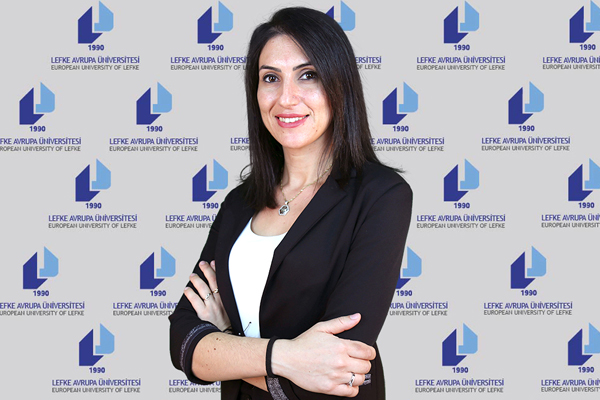EUL Academic Alptuğ Discusses Palliative Care and Physiotherapy

Asst. Prof. Dr. Beraat Alptuğ, a faculty member of the Department of Physiotherapy and Rehabilitation at the Faculty of Health Sciences at the European University of Lefke (EUL), provided insights on the topic of “Palliative Care and Physiotherapy.
Alptuğ stated that palliative care is defined by the World Health Organization (WHO) as ‘an approach that improves the quality of life of patients (adults and children) facing problems associated with life-threatening illnesses, as well as their families.
The goal of physiotherapy and rehabilitation in palliative care is to provide patients with a quality and dignified life
“Palliative care is widely utilized in managing diseases that require palliative treatment, such as cancer, Alzheimer’s disease, various types of dementia, cardiovascular diseases, chronic obstructive pulmonary disease (COPD), diabetes mellitus, HIV/AIDS, kidney failure, multiple sclerosis (MS), Parkinson’s disease, rheumatoid arthritis, and slow-progressing circulatory disorders. It provides pain and symptom management while integrating the psychological and spiritual aspects of patient care,” stated Alptuğ, continuing: “In palliative care, the goal is to prevent and alleviate suffering through the proper physical and psychosocial evaluation and treatment of patients. Physiotherapy and rehabilitation in palliative care aim to enhance the quality of life by enabling individuals living with life-limiting illnesses to remain as active and productive as possible, regardless of their life expectancy.”
Alptuğ stated that physiotherapy practices help patients participate in all aspects of their daily lives as much as possible” and continued: “Physiotherapy provides an essential path for patients to achieve meaningful goals, maintain their dignity, and constructively adapt to uncertainty and loss in the experience of living with a progressive illness. Physiotherapists play a crucial role in assisting patients with low endurance, those unable to engage in activities outside of bed, and those nearing the end of life by preventing complications related to bed rest and deconditioning. Studies have shown that patients who receive physiotherapy and rehabilitation during the palliative period experience improved mobility and enhanced quality of life. Additionally, it has been proven that physiotherapy helps reduce symptoms such as pain, dyspnea, constipation, fatigue, anxiety, and edema. For this reason, physiotherapy and rehabilitation in palliative care aim to enable patients to live fully throughout their lives.
